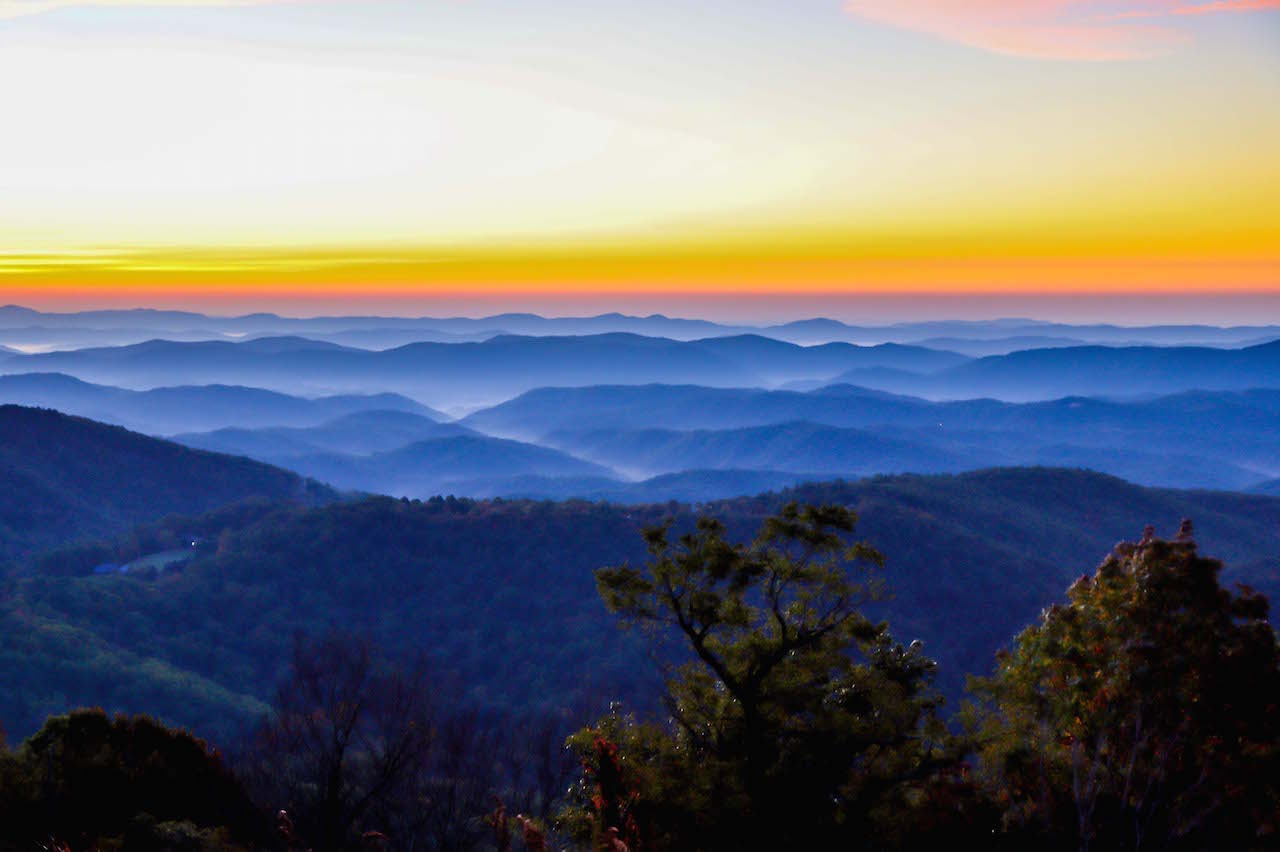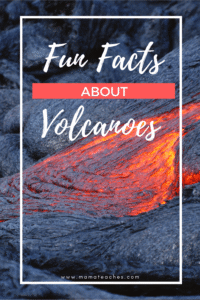When traversing the vast geographical and cultural landscape of the United States, one may stumble upon a multitude of surprising facts that challenge the conventional narrative about this diverse nation. From coast to coast, each state brims with history and curiosity that can truly shift one’s perspective. Herein lies an exploration of intriguing trivia that encapsulates the essence of the United States, inviting both wonder and contemplation.
1. The State that Suffers from an Identity Crisis
Consider the peculiar case of Missouri. This central state belongs neither entirely to the North nor the South, having been a border state during the Civil War. Interestingly, Missouri is also the birthplace of both the American circus and the iconic film “Gone with the Wind.” Its geography contributes to its identity crisis; a mixture of southern hospitality and Midwestern pragmatism creates a unique cultural stew.
2. The Great Lakes: More Water than You Think
The Great Lakes region holds approximately 20% of the world’s unfrozen freshwater supply. This impressive assemblage of lakes—Lake Superior, Lake Michigan, Lake Huron, Lake Erie, and Lake Ontario—stretches across the northern United States and southern Canada. They not only provide recreational opportunities and stunning vistas but also serve as critical transportation routes for goods and natural resources.
3. Alaska: The Largest State with the Smallest Population Density
Hailed as the “Last Frontier,” Alaska is the largest state by area, surpassing Texas by more than twice its size. Yet, it is home to fewer residents than many sizable cities. With its staggering expanses of wilderness and breathtaking landscapes, Alaska boasts an extraordinary population density of just over one person per square mile. This underscores the striking contrast between its geographic enormity and demographic sparsity.
4. Florida’s Unique Geography
Florida is often known for its sunny weather and iconic beaches, but the state also features a unique geological quirk—it’s essentially a peninsula. This results in an astonishing array of ecosystems, ranging from wetlands and swamps in the Everglades to dry scrub forests. Additionally, Florida is home to the only place in the world where alligators and crocodiles coexist in the wild.
5. Massachusetts and the Birth of American Literary Culture
Massachusetts has earned its reputation as a cradle of American literature. Established writers such as Nathaniel Hawthorne, Emily Dickinson, and Henry James called this state home, contributing to a rich tapestry of literary heritage. The Massachusetts Intellectual Circle, specifically in Boston, laid important groundwork for Transcendentalism, a philosophical movement that significantly influenced American thought and culture.
6. New Mexico: The Land of Enchantment
The nickname “Land of Enchantment” aptly portrays New Mexico’s diverse landscapes, Native American culture, and stunning artistic community. Notably, it is the only U.S. state with a predominantly Hispanic population and is brimming with Pueblo, Apache, and Navajo heritage. Moreover, the annual Albuquerque International Balloon Fiesta is one of the largest gatherings of hot air balloons in the world, creating a kaleidoscope of color in the New Mexico sky each autumn.
7. The Historic Roots of California’s Name
Many may regard California as synonymous with beaches, Hollywood, and tech innovation. However, its name hails from a fictional island described in a Spanish novel in the early 16th century. The tale depicted a paradise brimming with gold and beauty, thus reflecting the early European aspirations and discoveries in the New World. Today, California is synonymous with opportunity, attracting innovators and dreamers alike.
8. The Birthplace of the Blues
Memphis, Tennessee, holds the honorable distinction of being the birthplace of the blues. The rhythmic and soulful genre has its origins deeply rooted in the African American experience. Beale Street, a historic thoroughfare in Memphis, is famous for its live music scene, and blues legends like B.B. King have cemented the city’s reputation as a musical mecca.
9. Hawaii’s Unique Ecosystem and Biodiversity
As the only U.S. state not located in North America, Hawaii is distinguished not only by its geography but also by its extraordinary biodiversity. Over 25% of the state’s native species are found nowhere else on Earth. The islands host vibrant coral reefs, endemic plant species, and an array of unique fauna, making Hawaii a living laboratory of evolutionary processes.
10. South Dakota’s Presidential Tribute
Mount Rushmore in South Dakota stands as a monumental testament to American history, featuring the carved faces of four revered presidents—George Washington, Thomas Jefferson, Theodore Roosevelt, and Abraham Lincoln. This iconic sculpture not only celebrates their contributions to the nation but also reflects the deep-seated ideals and aspirations of American democracy.
11. The Islands of the Pacific Northwest
Among the most unique geographical features in the U.S. lie in the Pacific Northwest—specifically the San Juan Islands in Washington state. This archipelago is not only known for its stunning natural beauty but also for its vibrant marine life, including orcas and sea lions. Visitors can explore quaint towns, partake in the arts and crafts culture, or simply appreciate the pristine environment.
12. Historical Significance of Philadelphia
Philadelphia, Pennsylvania, is often celebrated as the birthplace of American democracy. The city was host to the First and Second Continental Congresses and served as the temporary capital. The infamous Liberty Bell, a symbol of American independence, resides here and attracts millions of visitors. Remnants of this historical period still echo through the city’s architecture and culture.
Conclusion
The United States is a kaleidoscope of history, culture, and natural beauty that belies its perceptions. Each state offers a unique narrative that interlaces with the larger tapestry of national identity. From the peaks of Alaska to the shores of Florida, these fun facts serve not only as trivia but as gateways to a deeper understanding of the richness of American life. Embracing this diversity fosters curiosity and appreciation, nurturing a connection to a land that is as multifaceted as its people.







